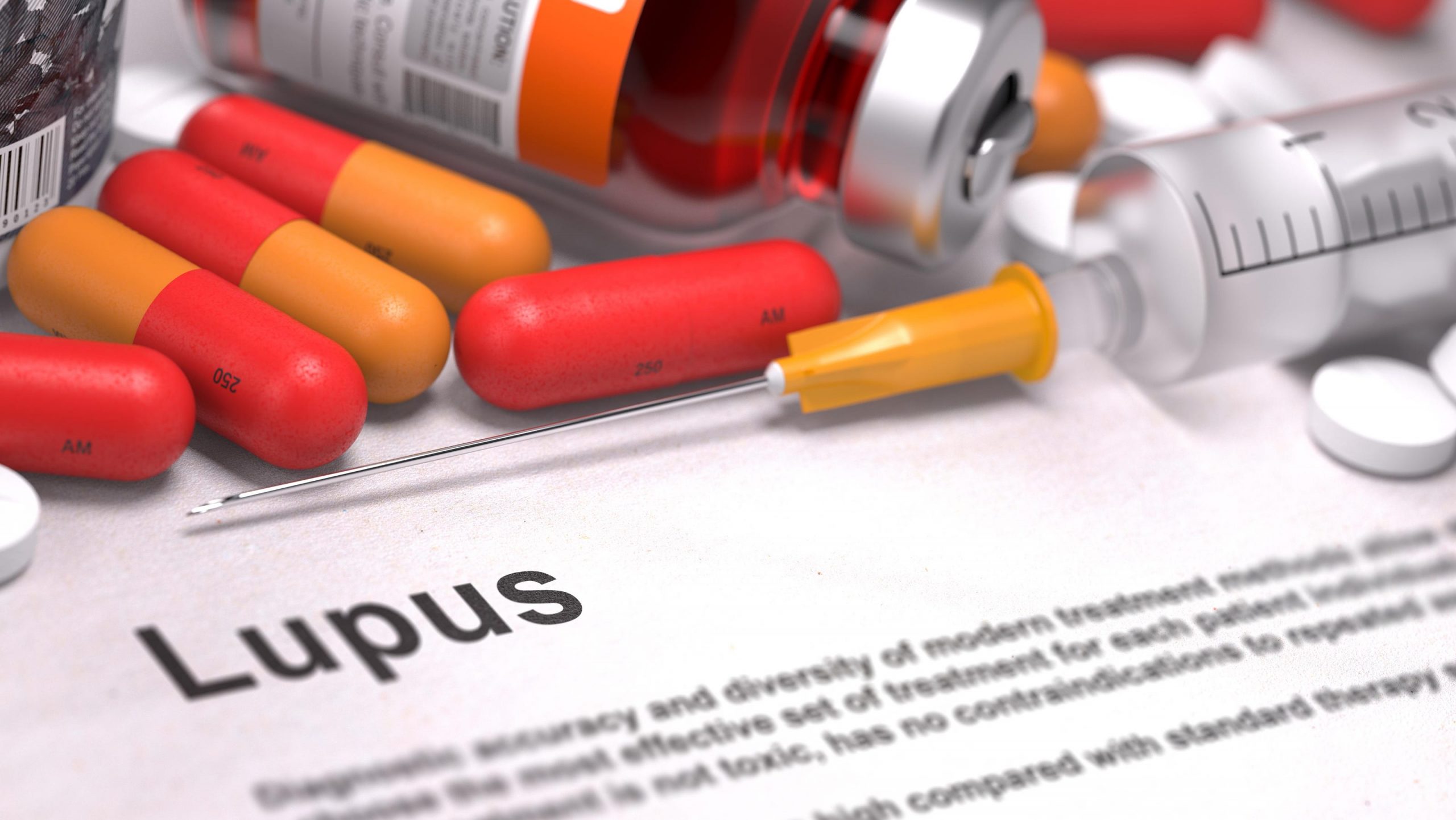Subscribe to our Telegram channel to get a daily dose of business and lifestyle news from NHA – News Hub Asia!
In a new global survey, more than 6,100 people with lupus from over 85 countries shared their recent experiences of the COVID-19 pandemic and their views of the COVID-19 vaccines. Half (50%) of the survey participants reported decreased access to at least one aspect of lupus healthcare during the last three months, including decreased access to their lupus doctor/rheumatologist (36%), medical tests (29%), infusions for lupus treatment (24%) and lupus medications (17%).
The international survey conducted by the World Lupus Federation further outlines how those living with lupus have been uniquely impacted during the COVID-19 pandemic. The survey also found that 10% of those surveyed have been infected with COVID-19, well above the global average of confirmed cases. Further, the respondents who reported reduced access to lupus healthcare were also more likely to have reported a lupus-related health complication, including lupus flares and lupus-related hospitalizations.
“People with lupus around the world continue to experience significant obstacles and as a result, serious negative health outcomes due to the COVID-19 pandemic. There are many causes for the challenges with access to care and treatments, including apprehension of going to doctor’s appointments due to fear of risk of COVID-19 infection,” shared Paul Howard, CEO of LUPUS UK. “Access to specialised care and the medications they depend on is incredibly important for those living with lupus. Without it, people with lupus can face adverse health outcomes and even require hospitalisation.”
In addition to significant issues with access to care, the survey found unique challenges for people with lupus regarding COVID-19 vaccinations. Over one third of respondents (35%) were unable to access the vaccine earlier than the general population in their local area, even though lupus can put people at higher risk of infections or a weakened immune system due to the effects of immune-suppressing lupus treatments.
Three quarters of respondents (75%) reported concerns about the COVID-19 vaccine, including the possible side effects of the vaccine (68%) and the interaction of the vaccine with lupus and/or lupus medications (61%).
“It is highly recommended that people with lupus receive the COVID-19 vaccine, but there are considerations to take into account,” shared Karen H. Costenbader, MD, MPH, Director of the Lupus Program at Brigham and Women’s Hospital in Massachusetts, United States. “People living with lupus should discuss their vaccination plan with their doctor to find out how their current treatment regimen may affect vaccine responses and to decide on the best timing. It’s another extra step that people with lupus must take during this difficult time as we all strive to ‘get back to normal’ as much as possible.”
Click here to view a topline summary and detailed survey results, and join us on May 10 as we take steps to make lupus visible across the globe for World Lupus Day.

